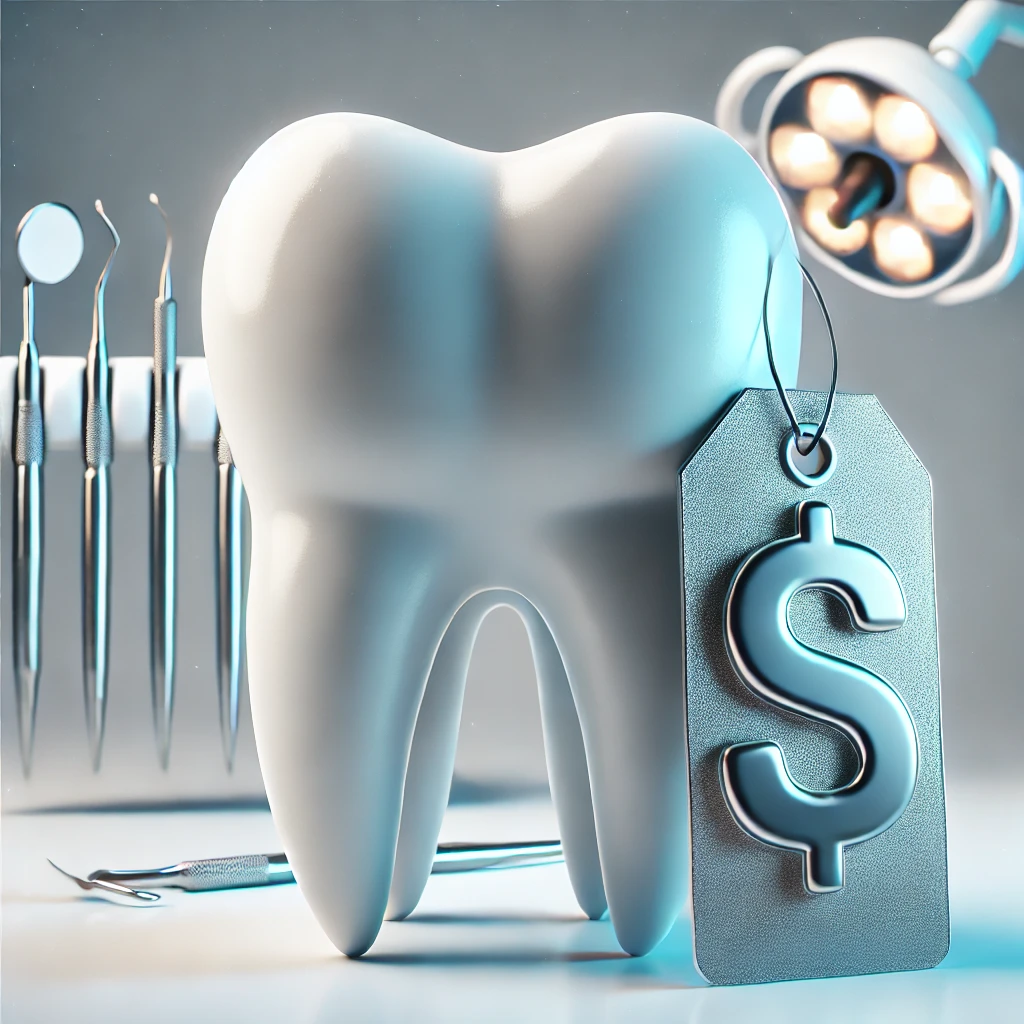If you’re dealing with a toothache that won’t quit or you’ve been told you need a root canal, you’re probably wondering about the cost and what to expect. In this post, we’ll break down the ins and outs of root canals, focusing on how much they typically cost and what factors can influence that price. Let’s get started!
What is a Root Canal?
A root canal is a dental procedure used to treat infection or damage to the pulp inside a tooth. It sounds a bit scary, but it’s often necessary to save a tooth that might otherwise need to be pulled. During the procedure, a dentist removes the infected pulp, cleans the inside of the tooth, and seals it to prevent further issues.
How Much Does a Root Canal Cost?

The cost of a root canal can vary widely based on several factors, including:
- Location: Dental costs can differ significantly depending on where you live. Urban areas tend to have higher prices than rural areas.
- Tooth Type: The cost may vary depending on whether it’s a front tooth, a premolar, or a molar. Molar root canals tend to be more expensive due to their complexity.
- Dentist’s Experience: An experienced endodontist (a specialist in root canals) may charge more than a general dentist.
- Insurance Coverage: If you have dental insurance, your plan may cover part of the cost, which can help reduce your out-of-pocket expenses.
Average Costs
To give you a ballpark figure, here’s what you can expect:
- Front Tooth: $300 to $1,500
- Premolar: $400 to $1,800
- Molar: $500 to $2,000
Keep in mind that these prices are just averages. In some cases, you might pay less, while in others, especially in larger cities or if complications arise, it might cost more.
Factors Influencing the Cost of a Root Canal
Here are some key factors that can affect how much you end up paying for your root canal:
- Diagnostic Tests: Before a root canal, your dentist might take X-rays to determine the extent of the damage. This can add to your costs.
- Additional Treatments: If the tooth is severely damaged or if there’s an abscess, you might need additional treatments, such as antibiotics or a crown, which can increase the total cost.
- Follow-up Visits: Sometimes, you might need follow-up visits to ensure the infection is gone and the tooth is healing properly. These visits can add to your overall expense.
- Location of the Practice: As mentioned earlier, dentists in urban areas might charge more than those in smaller towns. It’s worth shopping around.
- Payment Plans: Some dental offices offer payment plans or financing options to help you manage the cost. Don’t hesitate to ask about this if you’re concerned about the price.
Why You Shouldn’t Delay a Root Canal

Ignoring dental problems can lead to bigger issues down the line. If you’re experiencing severe pain, sensitivity, or swelling, it’s essential to visit your dentist as soon as possible. The longer you wait, the more likely you are to need more extensive (and expensive) treatment, which can include extractions or implants.
Conclusion
So, how much is a root canal? While it can be a significant expense, the investment is often worth it to save your tooth and avoid further complications. If you’re facing the prospect of a root canal, consult with your dentist about your options and what you can expect in terms of costs.
FAQs
1. Does insurance cover root canal treatment?
Yes, many dental insurance plans cover a portion of the cost. Check with your provider for specifics.
2. How long does a root canal procedure take?
Most rootcanal treatments take about 1 to 2 hours, depending on the complexity.
3. Is a root canal painful?
Most people report that the procedure itself is not painful due to local anesthesia. Post-procedure discomfort is usually manageable with over-the-counter pain relief.
4. How long does recovery take?
Recovery varies by person, but many people feel back to normal within a few days.
5. Can I eat after a root canal?
It’s best to wait until the numbness wears off before eating to avoid biting your cheek or tongue. Your dentist will give specific advice based on your situation.
In summary, understanding the cost of a root canal and what to expect can help ease your worries about the procedure. Don’t let fear or financial concerns hold you back from getting the care you need!
Visit for more Bolgs chiangratimes

